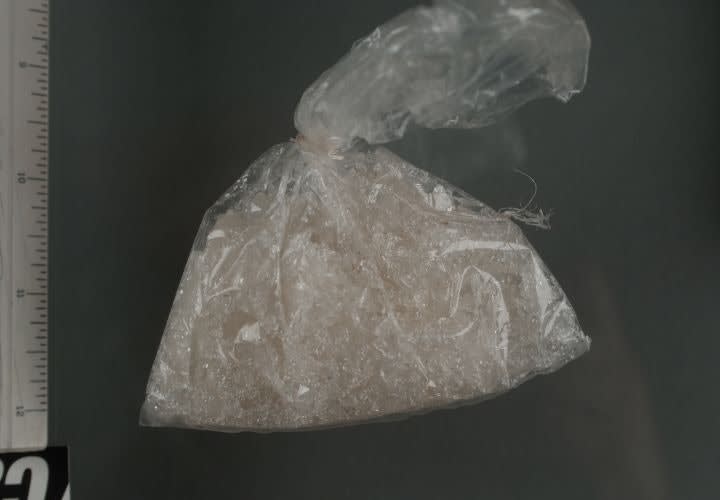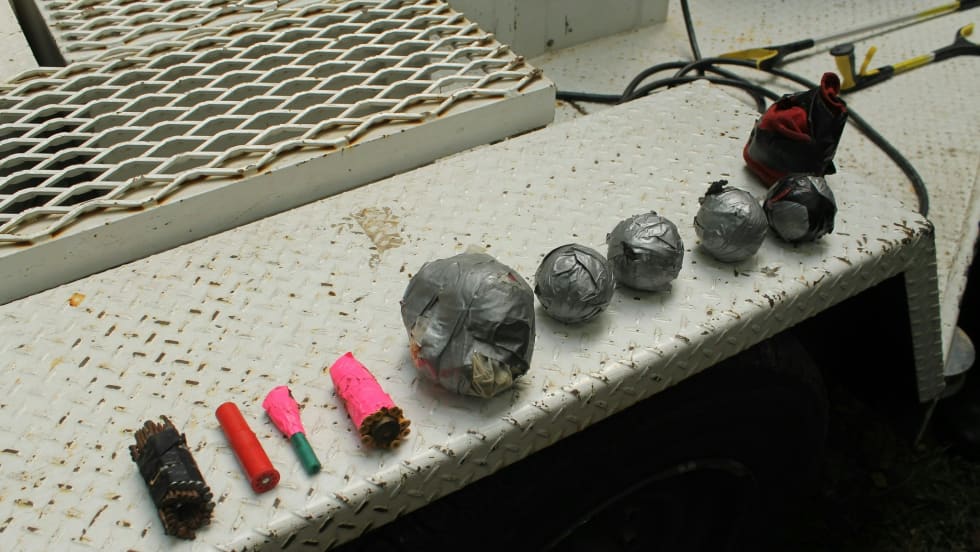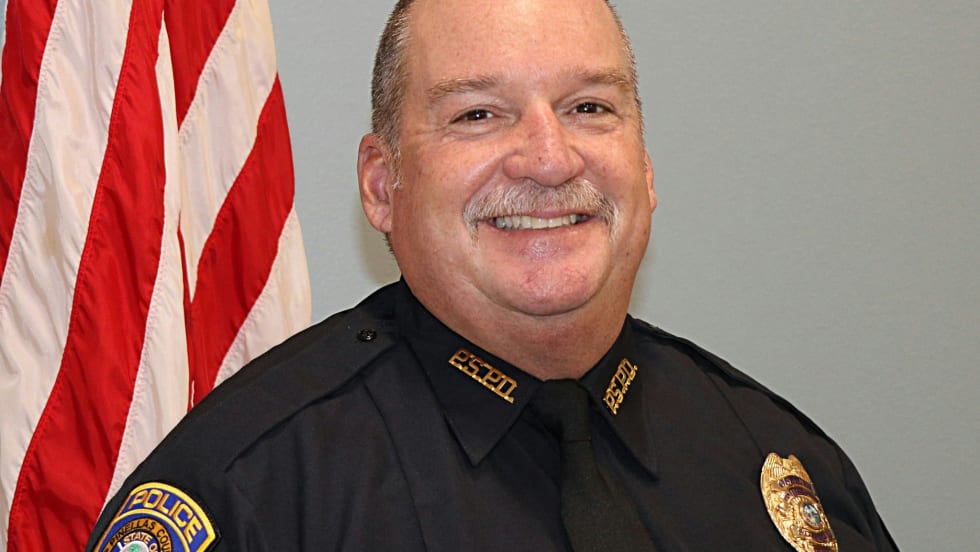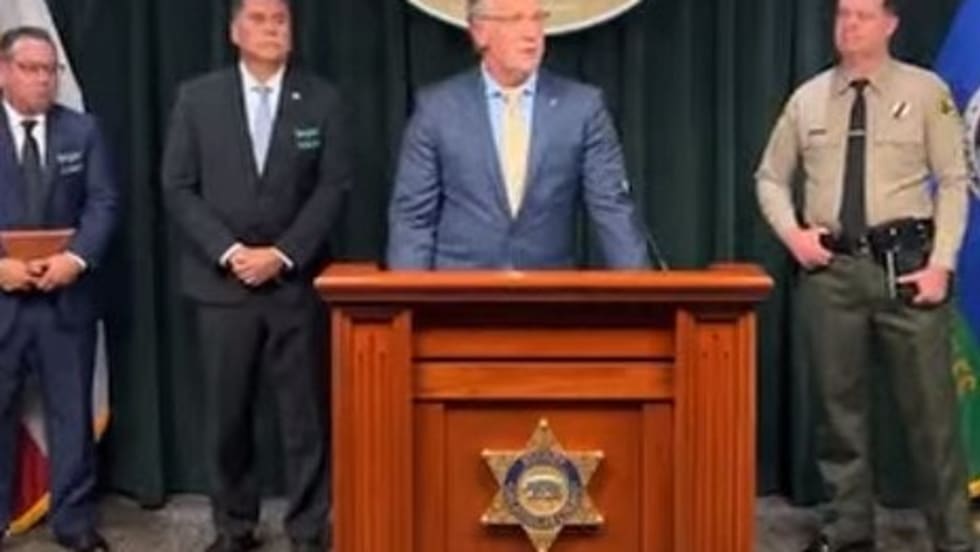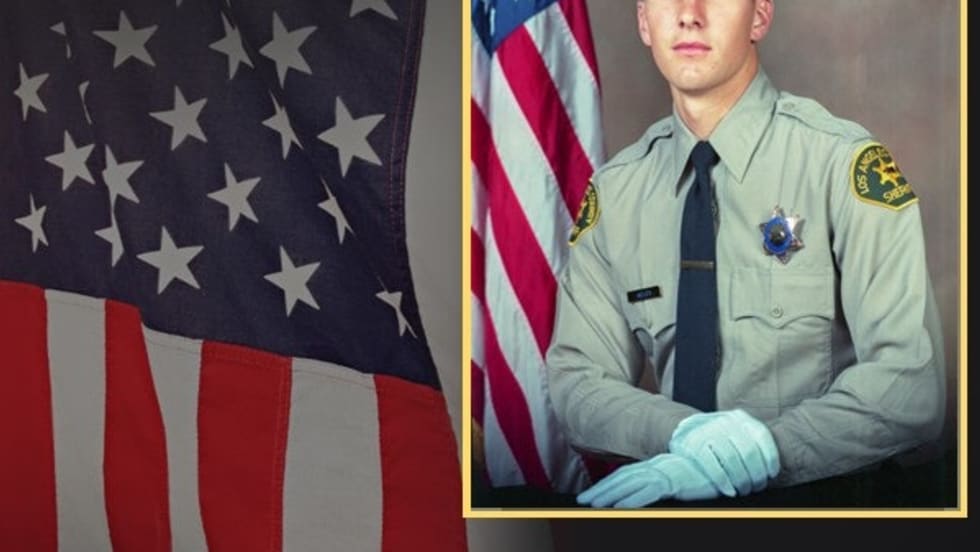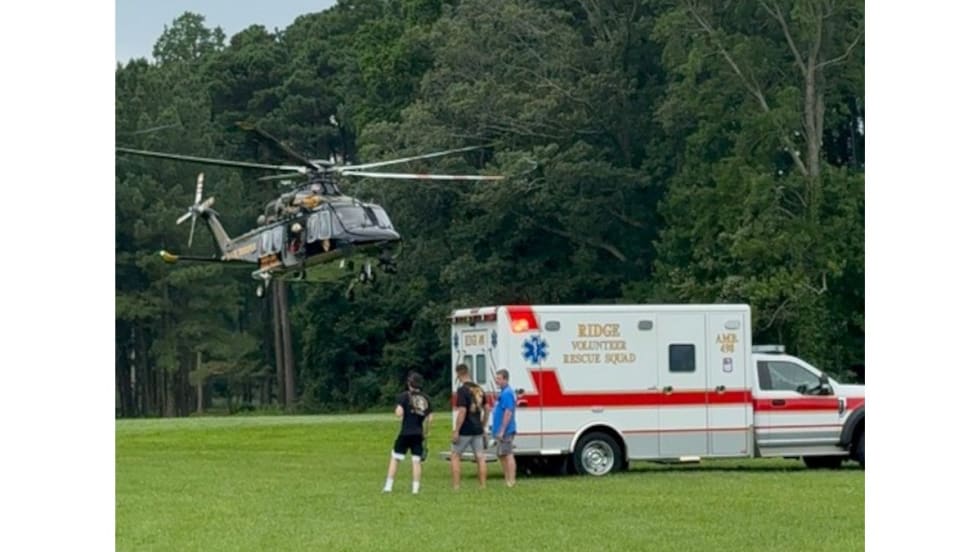Mexico's federal police will receive $12 million from the U.S. government to enhance enforcement of methamphetamine production by Mexican drug cartels, the Drug Enforcement Administration announced Thursday.
The State Department funds come with a renewal of the Merida Initiative, an agreement signed today by Michele M. Leonhart, DEA administrator; Marisela Morales Ibáñez, Mexican attorney general; and Maribel Cervantes Guerrero, general commissioner of the Mexican Federal Police.
The funding will "enhance Mexico's capacity to safely secure clan labs, gather evidence, and destroy chemical precursors," according to a DEA release.
The federal police are expected to use the funds to train officers to disrupt and dismantle meth labs; purchase gear for the officers; and enhance intelligence, operational assistance, and information exchange to raid labs and destroy chemicals. The funding will also pay for investigations into where cartels purchase the precursor chemicals and how they get to Mexico.
Ephedrine, which can be converted to meth through a chemical process, is banned in Mexico. However, large shipments of ephedrine powder have been seized along the border. Mexico has no chemical control laws, so the foreign sources often can't be identified.
Other precursor chemicals include iodine, used to make hydriodic acid, and phenylpropanolamine tablet products.
Meth seizures in the U.S. have spiked since 2009, because cartel production of meth has increased significantly during that time. Mexico experienced a nearly 1,000% increase in seizure of clandestine labs and precursor chemicals, according to the DEA.
In 2011, U.S. seizures of meth within 75 miles of the U.S.-Mexico border reached 7,338 kilograms—more than twice the amount seized (3,064 kilos) in 2009. In Los Angeles, meth carries a street value of $9,000 to $12,000 per pound. A kilo equals 2.2 pounds.
"This stuff is coming in in droves, and we've got to deal with it," said Rusty Payne, a DEA spokesman. "Our state and local law enforcement agencies have to deal with all kinds of meth in their communities."
By Paul Clinton
Related:
Federal Funding Cut Cripples Meth Enforcement


